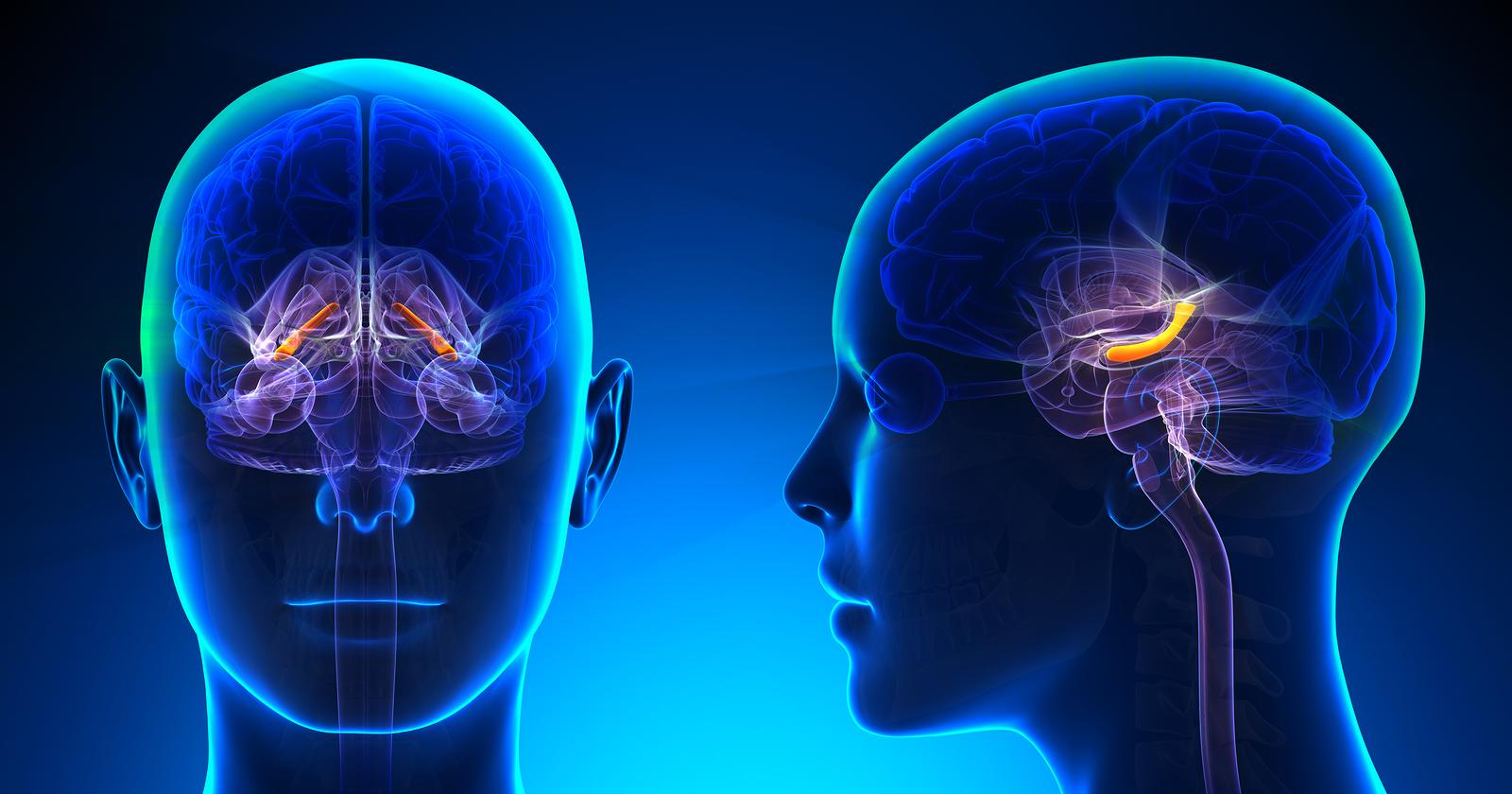How Pickleball Benefits Alzheimer's Disease And Dementia
Pickleball is a sport involving two to four players who hit a lightweight ball over a net. Games are played on a court, and the activity is similar to tennis. As a sport, pickleball is regulated by the International Federation of Pickleball and was first played in 1965 in Washington state. Pickleball can be played as singles, doubles, and mixed doubles (both men and women on the same team). The sport can be adapted to any ability level, and many individuals use it as a hobby. Like other forms of exercise, pickleball can benefit the mind and body. It can reduce stress and provide a gentle workout, and it is also a chance to interact with others. Pickleball can be particularly beneficial for patients with dementia or Alzheimer's disease. The benefits outlined below are just some of the ways in which this sport enhances the lives of individuals with memory issues.
Strengthens The Hippocampus And Prefrontal Cortex

The prefrontal cortex is an area of the brain situated within the front part of the frontal lobe. It is responsible for a variety of complex behaviors, governing how individuals make plans and decisions and playing a large role in the development of an individual's personality. Located in the medial temporal lobe, the hippocampus is part of the limbic system of the body. This system regulates emotions and the storage of long-term memory. It is also involved in spatial navigation. Studies have shown exercising regularly can help strengthen the hippocampus, allowing it to increase in size. The decision-making and planning skills controlled by the prefrontal cortex are also improved through exercise. As a low impact activity that requires strategizing and quick thinking, pickleball strengthens the hippocampus and prefrontal cortex. This activity enables individuals with Alzheimer's disease and dementia to exercise more regularly, and it challenges them to stimulate their minds in ways other routine activities may not.
Reveal the next way in which pickleball can benefit Alzheimer's disease and dementia patients.
Improves Memory

Pickleball improves memory by building the hippocampus. In this way, it may help slow down the progression of dementia and Alzheimer's disease. Pickleball is considered an aerobic activity, a type of exercise that increases an individual's heart rate. Studies have shown aerobic activities provide a memory boost not seen in other forms of exercise such as resistance training and balance-strengthening exercises. For patients at risk of developing Alzheimer's and dementia, pickleball and other aerobic activities may decrease the risk of these conditions. In fact, researchers found walking one mile per day may reduce the risk of Alzheimer's disease and associated memory conditions by as much as forty-eight percent. In addition to being an aerobic activity, pickleball requires participants to make decisions quickly, and this may also enhance memory and preserve cognitive function.
Get the details on the next benefit of pickleball on Alzheimer's disease and dementia.
